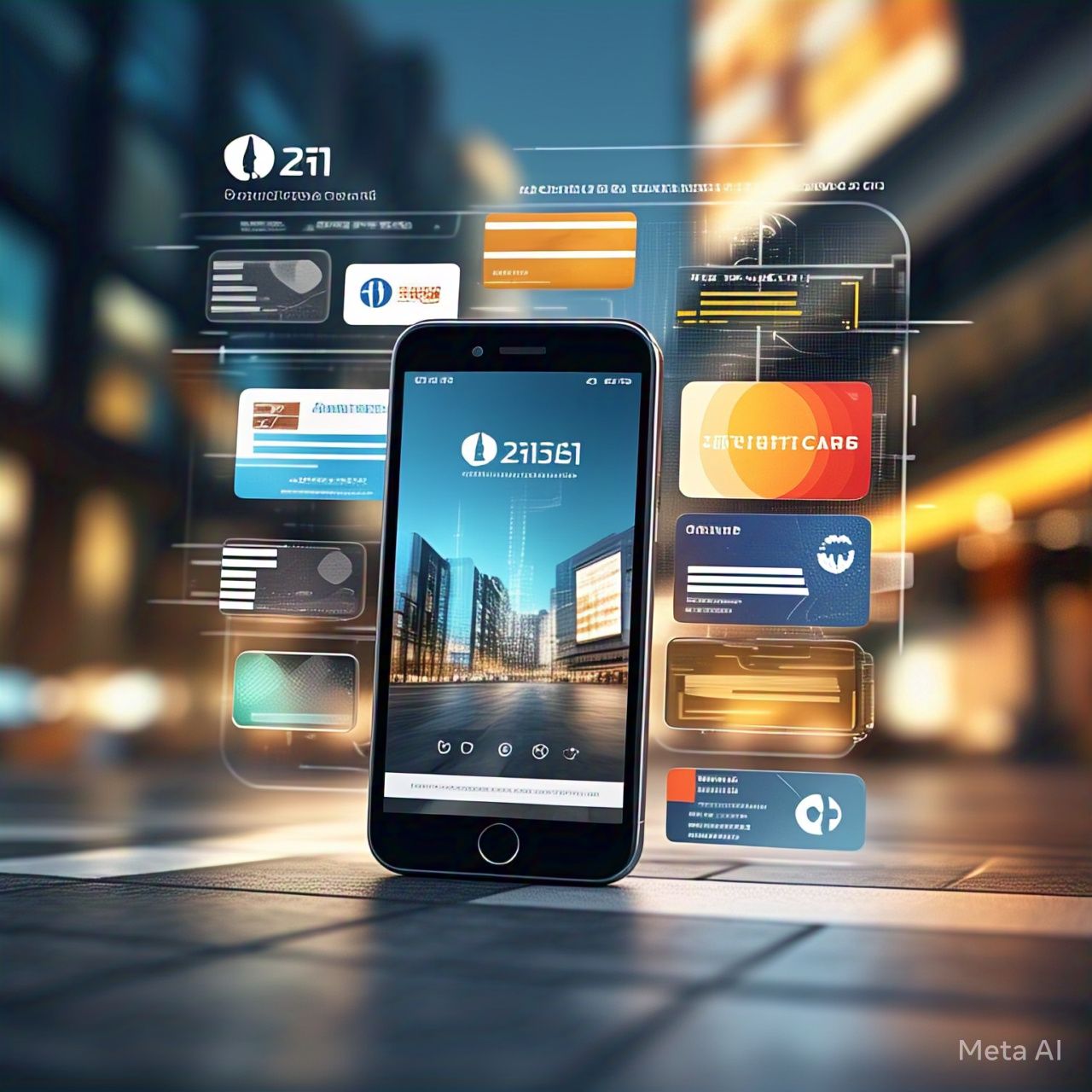Table of Contents
- Introduction
- Understanding Blockchain Technology
- Key Features of Blockchain
- Real-World Applications of Blockchain
- Supply Chain Management
- Healthcare
- Banking & Finance
- Government & Public Services
- Real Estate
- Entertainment & Media
- Cybersecurity
- Challenges in Blockchain Adoption
- The Future of Blockchain Technology
- Conclusion
- FAQs
1. Introduction
Blockchain technology is often associated with cryptocurrencies like Bitcoin and Ethereum, but its potential extends far beyond digital assets. Businesses and governments worldwide are leveraging blockchain to enhance security, transparency, and efficiency in various industries.
This article explores real-world applications of blockchain technology, demonstrating its impact on sectors such as healthcare, finance, and supply chain management.
2. Understanding Blockchain Technology
Blockchain is a decentralized digital ledger that records transactions securely and transparently. Unlike traditional databases, blockchain eliminates the need for intermediaries, reducing costs and increasing efficiency.
How Blockchain Works:
- Decentralization: Data is distributed across multiple nodes.
- Transparency: Every transaction is visible to participants.
- Immutability: Once recorded, data cannot be altered.
3. Key Features of Blockchain
| Feature | Description |
|---|---|
| Decentralization | Eliminates the need for central authorities. |
| Security | Uses cryptographic encryption to protect data. |
| Transparency | Ensures all transactions are publicly verifiable. |
| Immutability | Prevents unauthorized alterations to transaction records. |
| Smart Contracts | Automates agreements without intermediaries. |
4. Real-World Applications of Blockchain
🔗 Supply Chain Management
Blockchain enhances supply chain transparency by tracking products from origin to consumer.
Example:
- Walmart uses blockchain to monitor food safety by tracing food origins within seconds.
🏥 Healthcare
Blockchain secures patient records, medical research, and drug traceability.
Example:
- MediBloc offers a blockchain-based healthcare platform to store patient histories securely.
💰 Banking & Finance
Blockchain simplifies transactions, reduces fraud, and lowers operational costs.
Example:
- JPMorgan Chase developed its blockchain-powered payment system, JPM Coin, for cross-border transactions.
🏛 Government & Public Services
Governments use blockchain for voting systems, identity verification, and land registries.
Example:
- Estonia implemented blockchain for digital identity management and e-governance.
🏡 Real Estate
Blockchain eliminates fraud and simplifies property transactions by digitizing records.
Example:
- Propy enables smart contract-based real estate transactions.
🎬 Entertainment & Media
Blockchain ensures copyright protection and fair compensation for artists.
Example:
- Audius is a blockchain-powered music streaming service that pays artists directly.
🔐 Cybersecurity
Blockchain enhances security by preventing data breaches and cyberattacks.
Example:
- Guardtime developed a blockchain-based security system for government data protection.
5. Challenges in Blockchain Adoption
Despite its benefits, blockchain faces hurdles:
- Scalability Issues: Processing transactions can be slow.
- Regulatory Uncertainty: Governments are still defining blockchain policies.
- High Energy Consumption: Some blockchain models require significant power.
- Integration Challenges: Existing systems must adapt to blockchain technology.
6. The Future of Blockchain Technology
Blockchain adoption is expected to grow with advancements in:
- Quantum-Resistant Cryptography: Improving security.
- Interoperability: Enabling different blockchains to communicate.
- Green Blockchain Solutions: Reducing energy consumption.
- Enterprise Blockchain Adoption: More businesses integrating blockchain into operations.
7. Conclusion
Blockchain is transforming industries beyond cryptocurrency, providing security, transparency, and efficiency across various sectors. While challenges remain, technological advancements continue to drive blockchain adoption worldwide.
8. FAQs
1. Can blockchain be used without cryptocurrency?
Yes, blockchain can function independently for data security, smart contracts, and supply chain tracking.
2. How does blockchain improve security?
Blockchain uses cryptographic encryption and decentralization to prevent data tampering and fraud.
3. What industries benefit most from blockchain?
Industries such as finance, healthcare, supply chain, and government are seeing major blockchain-driven improvements.
4. What are smart contracts?
Smart contracts are self-executing contracts with terms coded into blockchain, eliminating the need for intermediaries.
5. Will blockchain replace traditional databases?
While blockchain offers enhanced security and transparency, traditional databases remain preferable for certain high-speed, large-scale applications.



